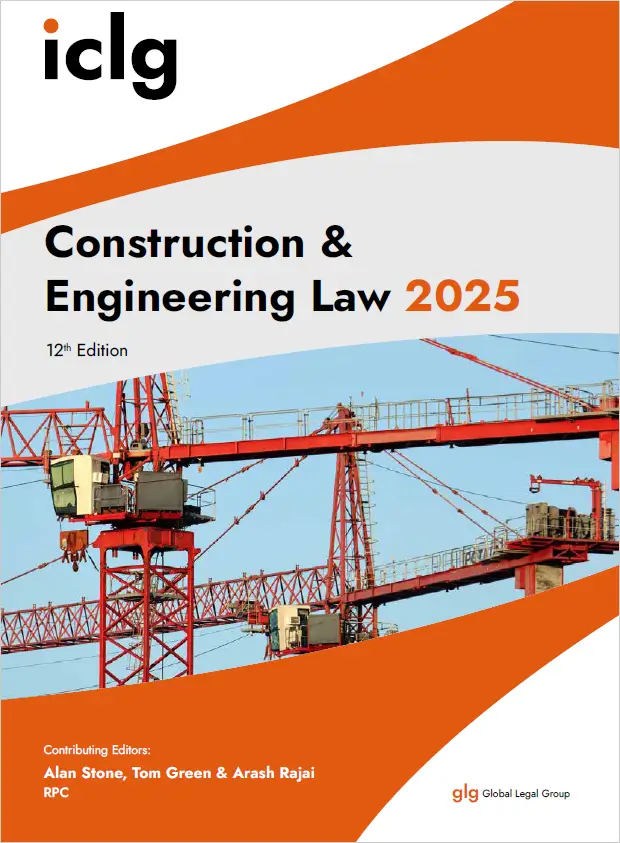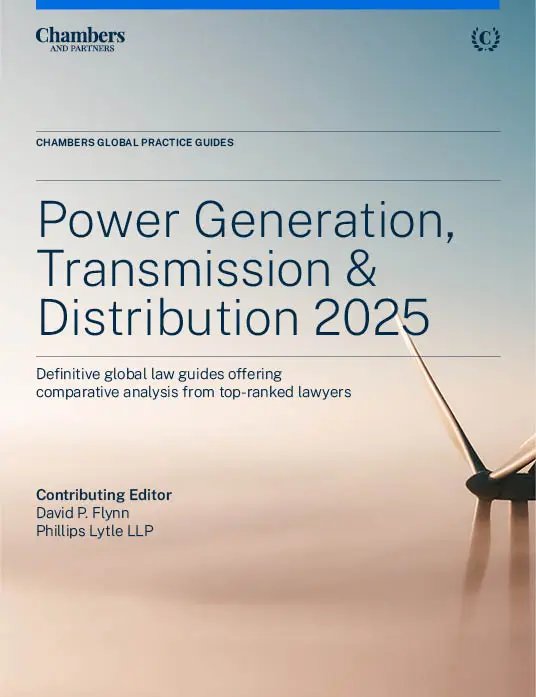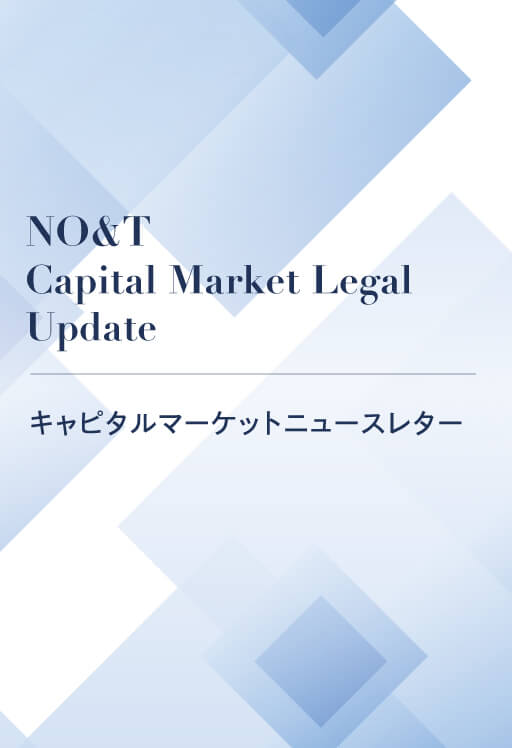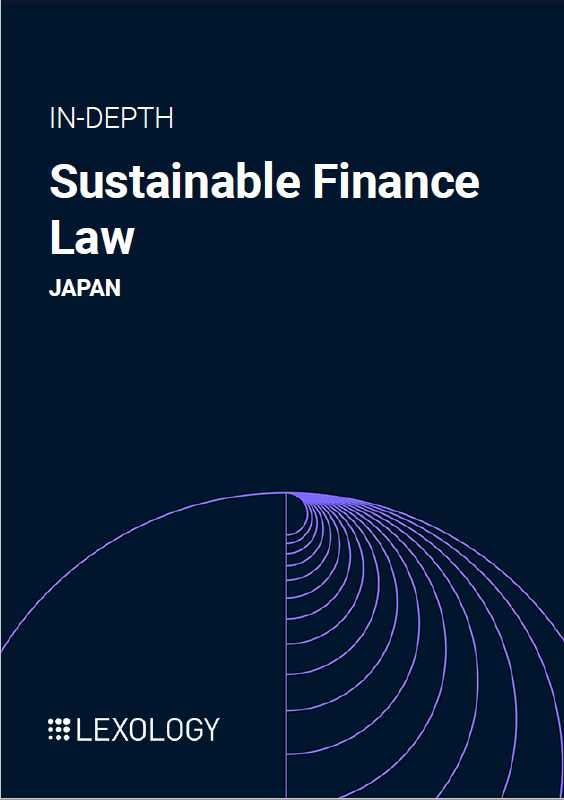
NO&T Thailand Legal Update
In the operation of a factory business, scrap or industrial waste from the production process is inevitable. Some industrial waste may be recycled or sold to merchants, while certain industrial waste may require proper disposal, as it may lead to environmental pollution or be harmful to people and property. To control the disposal and management of industrial waste, the Department of Industrial Works, Ministry of Industry (“MOI”) has issued regulations applicable to all parties involved from upstream to downstream, including waste generators, waste transporters, and waste processors.
On May 31, 2023, the Notification of the Ministry of Industry Re: Management of Sewage or Unused Materials of 2023, dated March 16, 2023 (as recently amended by the Notification (No.2) dated August 8, 2023) (the “New Notification”), was published in the Royal Thai Government Gazette as a new main regulation pertaining to industrial waste management. The New Notification was issued under the Factory Act of 1992 and completely replaces its predecessor, the Notification of the Ministry of Industry Re: Disposal of Sewage or Unused Materials of 2005 (as amended) (the “Existing Notification”). The New Notification will take effect from November 1, 2023.
The key considerations in respect of the New Notification which may affect the waste management of every factory, as a waste generator, are as follows:
This matter is the feature amendment to the New Notification.
In principle, the factory operator, as a waste generator, is liable for its waste, including any loss, accidents, and illegal dumping. Under the Existing Notification, the factory operator can be released from this liability once its waste processor agrees to accept and take possession of the waste. However, after the New Notification becomes effective, the liability of the factory operator will be extended until the waste processor, whether or not they are a waste treatment factory, successfully manages/disposes of the waste in accordance with the method approved by the competent authority. Under the New Notification, a waste processor which is a waste treatment factory, is required to manage/dispose of the waste within 30, 60, or 180 days, depending on the type of waste.
It should be noted that, for the purpose of tracking the status of waste management by the waste processor, MOI is planning to issue a sub-regulation to the New Notification to request a waste processor which is a waste treatment factory to provide the factory operator with a ‘document illustrating the waste management’, upon completion of waste management/disposal. The factory operator will then be required to inform the MOI, through the electronic system, of completion of such waste management/disposal. In the event that the waste processor is not a waste treatment factory, the factory operator must inform the MOI on behalf of the waste processor. Presently, MOI is preparing a sub-regulation to set out the criteria, procedure and timeline for preparation and submission of the document illustrating the waste management by waste generator, waste transporter and waste processor.
This sub-regulation is expected to be announced soon, with a proposed effective date of November 1, 2023.
The New Notification revises the definition of the subject waste to clarify it, as follows:
| The Existing Notification | The New Notification | |
| Subject Waste | “Sewage and Unused Materials” means unusable materials, or all types of waste generated from industrial activity, including waste from raw materials, waste generated from production processes, products that have deteriorated in quality, and effluent having hazardous constituents or hazardous characteristics. |
|
| Waste which is exempted from this waste management measure – although it may be subject to other laws |
|
|
In conclusion, except for pestilent garbage pursuant to public health laws, radioactive waste pursuant to nuclear energy for peace laws and items (a) to (d) above, all other unused items in the factory are potentially classified as Waste under the enforcement of the New Notification and are subject to the MOI’s waste disposal measures, even if such items retain monetary value or can be repurposed for other applications, such as filling the land or being raw materials for producing bricks.
After the enforcement of the New Notification, certain obligations of factory operators concerning their Waste are to be revised, including but not limited to:
As Waste management is an integral part of a factory’s day-to-day operation, it is essential for the factory operator to keep updated to ensure compliance with the applicable law. It should be noted that, apart from the New Notification, MOI is in the process of drafting 6 more sub-regulations to provide further clarity on the provisions in the New Notification.
This newsletter is given as general information for reference purposes only and therefore does not constitute our firm’s legal advice. Any opinion stated in this newsletter is a personal view of the author(s) and not our firm’s official view. For any specific matter or legal issue, please do not rely on this newsletter but make sure to consult a legal adviser. We would be delighted to answer your questions, if any.


Supasit Boonsanong, Thananya Pholchaniko, Phareeya Yongpanich (Co-author)


(August 2025)
Kaori Sugimoto


(July 2025)
Rintaro Hirano, Yutaro Fujimoto, Yurika Masakane, Yutaro Kato (Co-author)


Yuichi Miyashita, Miho Susuki (Co-author)


Supasit Boonsanong, Thananya Pholchaniko, Phareeya Yongpanich (Co-author)


Yuichi Miyashita, Miho Susuki (Co-author)


(December 2024)
Hiromi Hattori, Yuichi Miyashita (Co-author)


(September 2024)
Ryosaku Kondo (Comments)


Supasit Boonsanong, Thananya Pholchaniko, Phareeya Yongpanich (Co-author)


Patricia O. Ko


Claire Chong, Nozomi Kato (Co-author)


Yuan Yao Lee


Supasit Boonsanong, Thananya Pholchaniko, Phareeya Yongpanich (Co-author)


Patricia O. Ko


Claire Chong, Nozomi Kato (Co-author)


Yuan Yao Lee


Supasit Boonsanong, Thananya Pholchaniko, Phareeya Yongpanich (Co-author)


Nopparak Yangiam, Parot Promkam (Co-author)


Shunsuke Minowa, Poonyisa Sornchangwat (Co-author)


Shohei Sasaki, Shunsuke Minowa, Poonyisa Sornchangwat, Kwanchanok Jantakram (Co-author)